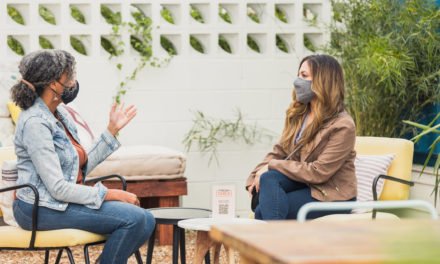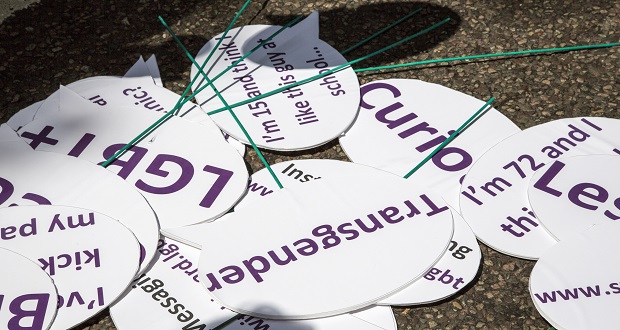
I was fired from my job. It happened 23 years ago. I was 17 and had recently been hired for a summer job as a supermarket cashier. I sensed from day one that my boss was not a nice person, which is a nice way to describe her. But that’s OK. I wasn’t there to make friends. Just give me my paycheck.
I want to say that this was my first real job, but only days earlier, I’d quit my first real job. Prior to my new role in the check-out aisle of this supermarket, I had been hired at another one to collect shopping carts outside. I had to wear a long-sleeved, collared shirt, along with a tie, to push carts in 90-degree weather. So after two sweaty days, I quit. It was one of my best career moves.
But clearly, I wasn’t done with my career in the food business. I did my new job well. I was friendly with customers. I proactively stocked shelves during down time. And so the first few couple of weeks, I was given lots of shifts, and then I wasn’t. Suddenly, I found myself on the schedule once, maybe twice, a week. When I questioned my manager, she answered something like, “It is what it is.”
Which was what?
Not long after, we had a staff meeting to explain that the store just got the legal right to sell cigarettes, so we all learned the proper way to scan them. Can you feel the excitement?
Later that day, my boss yelled for me to come to her office. Now! “Did you scan any king’s cigarettes today?” she asked. Um, no, not that I remember. “Are you sure?” Pretty sure. “I can’t have a liar working for me. This is your last day. Finish your shift and leave your cashier drawer open when you’re done.” OK.
That’s all I said: OK. Except it wasn’t OK. I wasn’t OK. I was shocked and too young, too timid, too lame, too dumb to reply anything else.
My boss continued: “The records show you did scan king’s size cigarettes.”
Oh. Ohhhh. That explains things! I thought “King’s” were a brand, not a size, of cigarettes. I cleared up the confusion for her, but she still insisted that I was a liar. A supermarket is no place for liars.
It was what it was. And it was discrimination based on my perceived sexual orientation. Like most instances of discrimination, I couldn’t prove it, and because I couldn’t prove it, I didn’t voice my concern other than to a few friends. Still, I’d heard from coworkers that my boss apparently had just found out that I was gay (possibly from her grandkids who went to my high school). Coincidence?
Of course, times were different then. It was 1993. You’d have had to have been a complete idiot to think that one day gays would openly serve in the military or get married. And you’d have to have been a way more secure teenager than I was to speak up. It’s not that no one would have believed me. It’s that they would have believed me, and I did not want to draw attention to my sexual orientation, because despite the fact that I was openly gay, I was nonetheless insecure about my sexuality. Consequently, I did not want to be viewed as that guy—you know, the type to play the minority card at a moment’s notice.
It’s a common feeling: The black woman paranoid that colleagues would label her that angry black woman due to any hint of being assertive in a meeting. The overweight guy in accounting who nervously laughs along with coworkers at fat jokes. Or, of course, the gay teen who loses his job because he’s gay.
That gay teen is now almost 40 years old, but remains scarred by the incident. Thankfully, I don’t think my current employer would fire me for my sexual orientation. Times really have changed. Still, I remain hyperaware of how others at work perceive me. I may not care as much about the role my sexuality plays in how others see me, but I do care probably more than I should.


















I think it’s great that you’re increasing awareness on inequality and diversity and how they impacts us all. I think in many industries we, as people, are ignorant of the lack of diversity – not at our own faults, just what we are used to, but I’d like to see how this could change in the future.
I recently published an article around diversity in the entertainment industry, more specifically how Netflix’s own programs are actually using much more diverse casting than we are usually used to. If you get a chance I’d love it if you could take a look and give me your opinion. http://streamsidekick.com/netflix-diversity-racism/